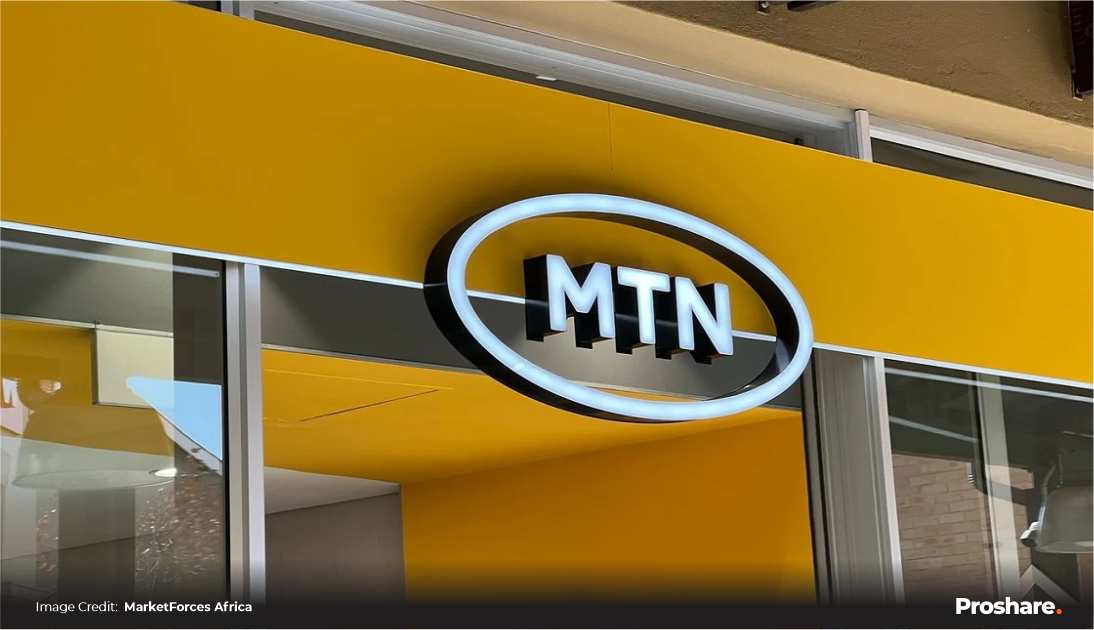MTN Nigeria on Tuesday pleaded with the federal government to reconsider the company’s request to hike call and data rates arguing that the tariffs are no longer sustainable due to high operational costs worsened by skyrocketing inflation and naira depreciation.
MTN Chief Financial Officer Modupe Kadri made the appeal after asserting that excessive inflation and currency fluctuations were making it difficult for the telecom industry to function effectively.
Read also: MTN unveils new executives in Uganda
Speaking at the 30th Nigerian Economic Summit titled “Navigating Business Growth in a Volatile Environment” Mr Kadri stressed that telecom businesses have not been granted regulatory authority to modify their prices for more than ten years despite importing telecom equipment that were valued in foreign currencies.
“For ten years now, telecommunication companies haven’t been permitted to increase prices, and this regulation is not providing us with a level playing field to operate,” Mr Kadroli said on Tuesday. “If we are to stay in business, this policy must be reviewed, similar to how electricity and fuel prices are adjusted to reflect current economic realities.”
The MTN finance chief argued that call and data rates be increased to correspond with fuel and electricity prices, given that the telcom facility runs on fuel and power.
“Our business is mainly dependent on foreign exchange, so customers need to understand that for them to receive the services they desire, it costs money.”
Mr Kadri said investors were not encouraged to continue investing in the telecommunications sector as they “are unable to monetise their investments, it cannot work.”
“The only way this economy will thrive is if there is appropriate pricing such that investments in the sector are guaranteed. The government is talking about diversifying; I’m talking about survival. What is the business case for me to invest when I’m bleeding almost to death?”
“The telecommunications industry contributes 16 per cent to the GDP, and it is not something that you can mess around with.”
The telecommunications industry, according to Mr Kadri, might be grounded should the government continue to restrain operators from raising tariffs.
“If we are not careful, what happened to the oil industry, which led to a loss of investments, will happen to telecommunications, and the industry will come to a halt. It’s not rocket science,” he added.
He added that the financial services, logistics, and overall economy would all be impacted if the telecom sector failed.
Read also: NCC withdraws “error” statement on Starlink price hike, commences pre-enforcement action
Other stakeholders share their views
Oyeyimka Adeboye, the CEO of Mondelez West Africa (Cadbury), stated that the company’s output was mostly dependent on imports.
Mr Adeboye stated that in the last two years, the cost of doing business in the nation had tripled.
She emphasised that the nation must reduce its reliance on imports and make funding available for domestic production.
“We import glucose, but we have people who can produce it here locally. The problem is that they do not have access to finance,” she said.
Likewise, Courage Obadagbonyi, the Chief Financial Officer of APM Terminals West Africa, expressed the need for more cooperation between government authorities.
Obadagbonyi said that firms were confused as a result of the lack of cooperation, and that uncertainty did not foster investment growth.
According to Nkechi Obi, the Group Managing Director of Techno Oil Limited, successful businesses require sound policies.
Obi expressed hope that the construction of the Dangote refinery will lead to a slight stabilisation of petroleum product prices.















